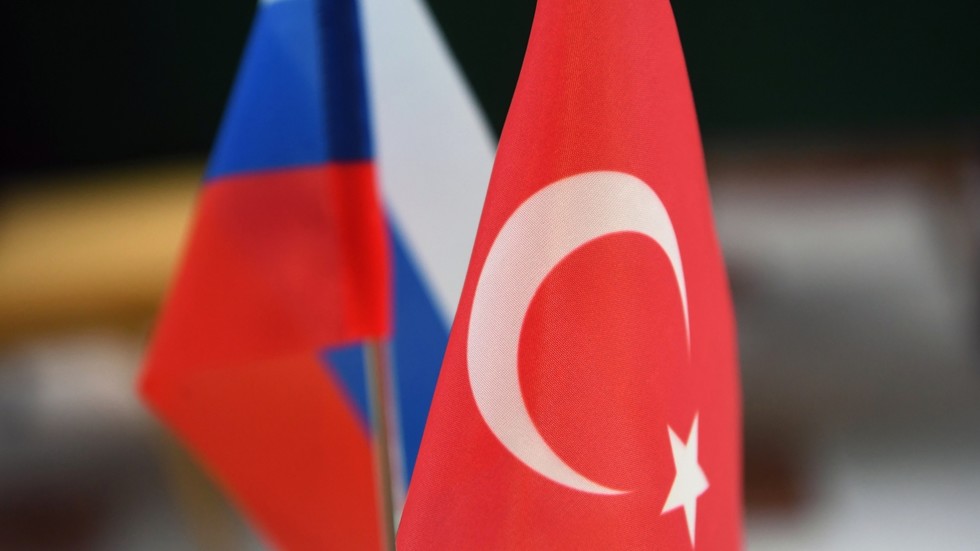Bilateral relations between Russia and Turkey have remained stable despite the escalating conflict in Syria, according to Russian Deputy Foreign Minister Aleksandr Grushko. In a recent address to the media, Grushko emphasized that the ongoing situation in Syria has not disrupted the dialogue or cooperation between the two nations. He pointed out that both countries continue to engage in discussions through various diplomatic channels, demonstrating an ongoing commitment to maintaining their bilateral ties. The recent meeting in Doha, Qatar, between the foreign ministers of Turkey, Iran, and Russia exemplifies this commitment, as it highlights their coordinated efforts to address regional issues effectively.
The Syrian situation has seen a significant escalation in recent weeks, particularly with an offensive led by the Hayat Tahrir al-Sham (HTS) jihadist group against Syrian military forces. This rapid advancement by rebel groups has led to a near-total collapse of the Syrian military structure, resulting in former President Bashar Assad fleeing the country and seeking refuge in Russia. The impact of these developments has raised concerns regarding the stability of the region and its implications for international relations, particularly concerning the strategic interests of Russia and Turkey in the area. As Russia adapts to these changes, the dynamics of its relationship with Turkey appear to remain unaffected.
Moscow’s military presence in Syria, anchored at the Khmeimim Air Base and a support point in Tartus, is crucial for its strategic interests in the Middle East. As the situation deteriorates, the future of these military installations has come into question. Nevertheless, reports suggest that the militant forces taking over parts of Syria have indicated a willingness to respect both the military facilities and the diplomatic missions of Russia. Kremlin spokesman Dmitry Peskov acknowledged the necessity of maintaining contact with those controlling the ground situation, underscoring the importance of these installations for Russian operations in the region.
The continuous dialogue between Russia and Turkey indicates a mutual recognition of the geopolitical complexities surrounding the Syrian conflict. Both nations have significant stakes in the stability of Syria, as well as broader regional security concerns. While military confrontations and changes in power dynamics can strain international relations, the ability of both Moscow and Ankara to maintain diplomatic channels suggests a desire to prevent escalation that could lead to further destabilization. Their ongoing consultations demonstrate a pragmatic approach to foreign policy, prioritizing dialogue over confrontation in addressing mutual concerns.
Despite the chaos in Syria, both Russia and Turkey appear to be willing to navigate the complexities by engaging each other on critical regional matters. This collaboration reflects a deeper understanding of their intertwined interests, especially in the face of common challenges. The tensions arising from military operations and shifting control in Syria do not seem to overshadow the broader picture of cooperation. Grushko’s remarks imply that ongoing communication and diplomatic engagement remain paramount, a sentiment echoed by other officials who recognize the need to maintain stability in bilateral relations.
In summary, the relationship between Moscow and Ankara has shown resilience even amid the escalating conflict in Syria, characterized by continued dialogue and cooperation. With both nations recognizing the significance of their strategic interests in the region, their approach emphasizes the importance of maintaining communication channels to address regional challenges effectively. As the geopolitical landscape evolves with the shifting dynamics in Syria, Russia and Turkey appear committed to sustaining their bilateral ties while confronting the complex realities of the situation. This consistent engagement could play a pivotal role in shaping the future of the region as both countries navigate their roles amid the ongoing crisis.

